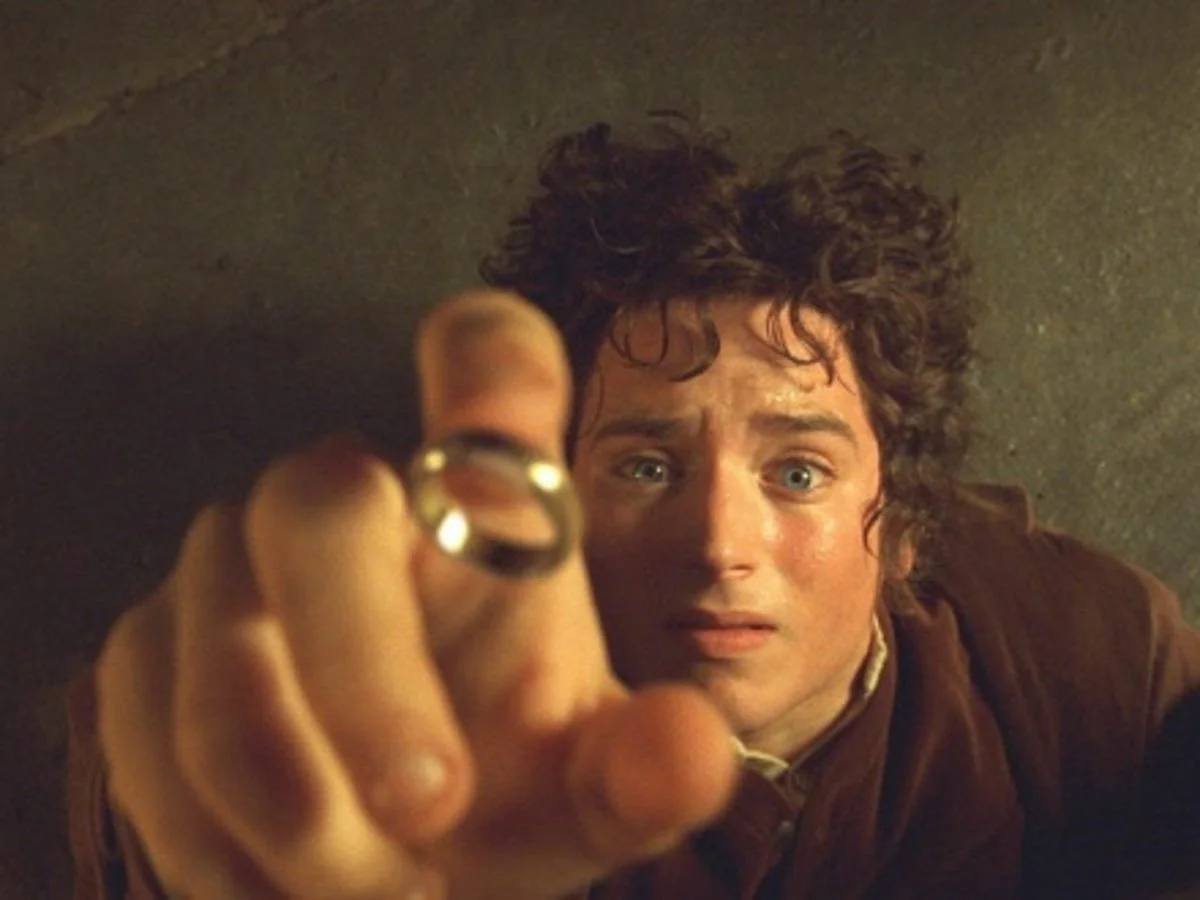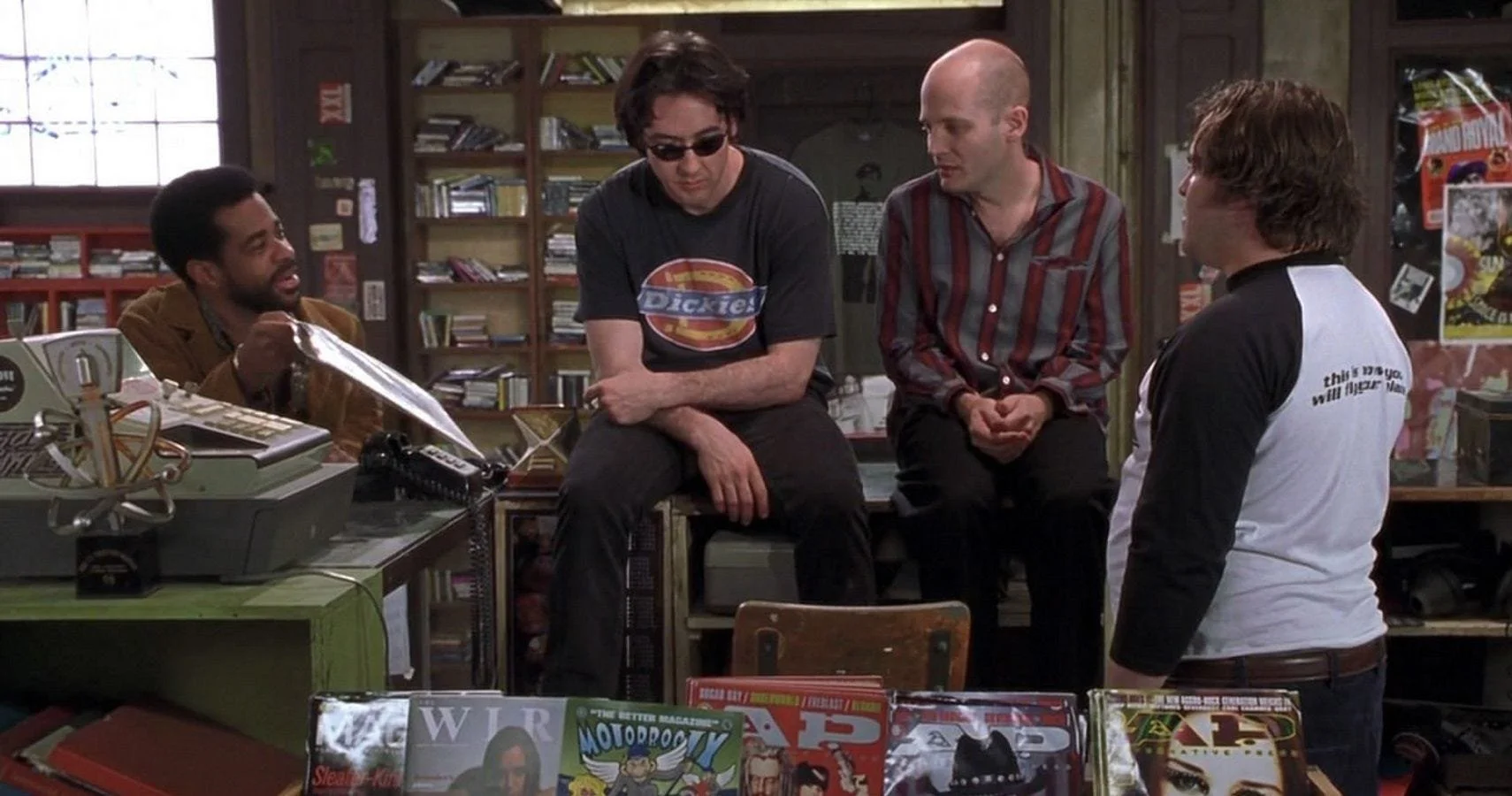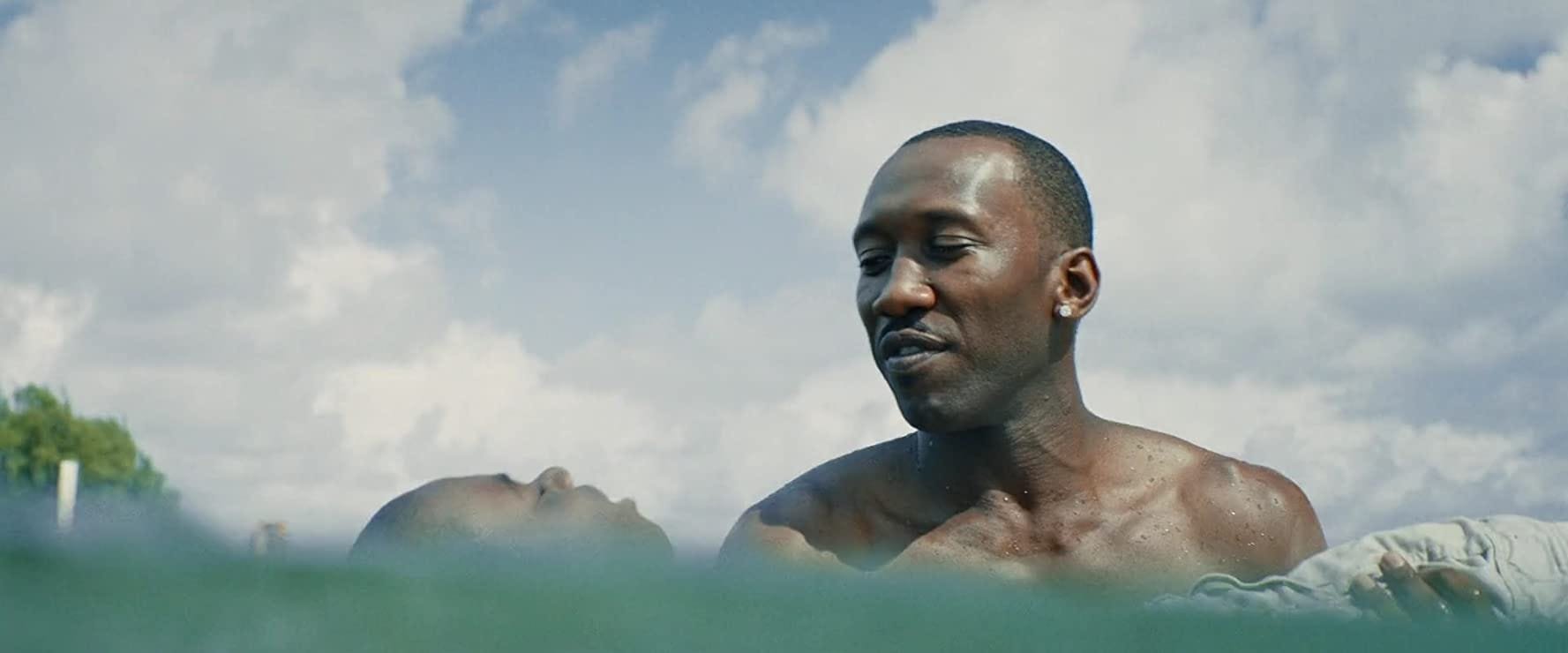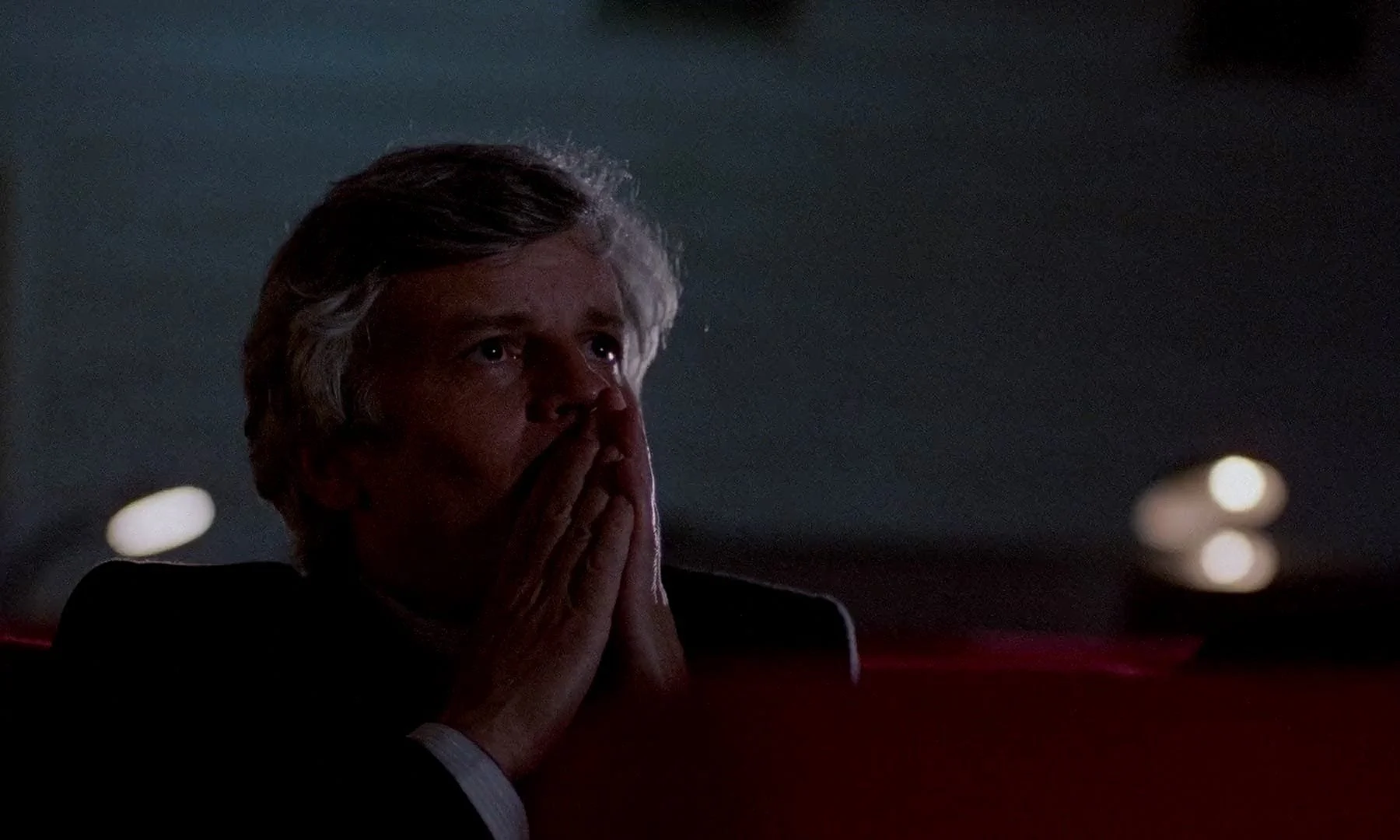What To Ask A Composer to Get The Music You Want
The director/composer relationship can be difficult to navigate since music itself can be difficult to describe. Especially for directors working with a composer they haven’t before, or working with a composer for the first time entirely, trying to get the musical result you are looking for can be tricky.
After just finishing a couple of recent composing projects myself, I thought I’d talk about what discussions directors and composers should have before diving into scoring for their films.
If you take these concepts into account, working together will flow more efficiently and one should arrive at better results more quickly!
Fundamentally, what is needed to get the best musical results is finding contextual common ground wherever possible. To explain what I mean by this, let’s use the concept of loudness as a metaphor:
Something can only be described as loud in relationship to other sounds around it.
Like loudness being contextual, what helps a composer understand what a director is looking for musically is by giving them as much context as possible.
Here’s two big questions a director can ask themselves to give the composer context:
What other kinds of existing music do I imagine the music for this film would sound like?(Genre & Temp Music / Inspiration Playlists)
In my film, what is the music doing for the story? (Emotional Core & Audience Feelings)
Those are starting questions, but in parenthesis I’ve divided their sentiments into context categories. Let’s dive into some of these “contexts” which will help to define the resulting score.
Genre
The Lord of the Rings: The Fellowship of the Ring (2001)
Will the score be a traditional movie score with classical orchestration? Are we employing some pastiche or nostalgia and referencing other genre films (say 70s funk for a conspiracy theory film or 80s synth for a small-town alien abduction)? Are we referencing certain pop music like doo-wop or do we need more chordally complex smooth jazz?
These are just a few of the questions which help to find instrumentation and, for lack of better word, vibe.
Having at least an idea of instrumentation is super important going into writing a score for a composer. These days, there are basically an infinite number of instruments and sounds in a composer’s toolbox when it comes to making music, so having an idea of where to start is especially helpful when on a timeline. While a composer and director can branch out later if need be, starting with something is helpful so that the iteration stage doesn’t take forever (unless you have the time and budget for this).
As for the “vibe,” (I hesitate to use the word because it’s so overused these days) it feels relatively precise here. By vibe, I mean the overall aesthetic feeling of the film. Most times vibe is referential. It’s based on shared knowledge of film, pop culture, and media language in general. Other times, it can be organic and wholly new, but this is rare and usually occurs from happy accidents.
Temp Music / Inspiration Playlists
High Fidelity (2000)
In a similar vein to the score’s genre is if temp music or inspiration playlists will be used.
Temp music is temporary existing music used to cut a film in the editing stage. It can give a sense of genre (instrumentation and vibe), but it can also give a sense of tone. Tone is similar to vibe but veers more toward the emotion a scene or film emits. Temp music can be chosen by the director and/or editor; sometimes the composer is involved, but usually not.
I’ve talked about my complex feelings on temp music. For composers, or even directors who understand its issues, a playlist of music to inspire the composer might be a better route to “finding” the score. Since temp music is married to picture, it can sometimes inform a composer a little too much… potentially limiting their creative potential. Having the director or producer create an inspiration playlist allows the composer to glean genre, vibe, and tone without associating any piece of music with a particular scene.
In an ideal world, I think directors should build these inspiration playlists, have editors use them for edits, turning them into temp music, but then take the temp music out before showing the cut to composers.
Emotional Core
Moonlight (2016)
Something very important for getting artful, creative results is simple but might be easily skipped over for a variety of reasons: talking about the emotional core of the film.
What is the film about? What is this film saying about the world or about being human? Why did the filmmakers feel compelled to make this film? What headspace were they in when they created this idea or why did the script call out to them?
These are simple questions, but they can get skipped over because the answers are complex. Long-winded, too emotionally ripe, too concerned with trying to emulate another film; there’s many reasons why having this emotional core conversation can be avoided.
I will say from experience that it yields great results and is always worth having. Music is one of the most emotive things we have, so why not have your composer write a music cue based on the emotional story you want to evoke.
Lastly, it’s one thing to talk about the overall story, but emotional core becomes even more important when talking about specific music cues for specific scenes in the film. Something tried and true for me when trying to tweak a scene’s cue when it’s not quite right is diving into what the central character of the scene is feeling. It’s a more micro approach to talking about emotional core which becomes more important after you find the sound of the score and start finetuning cues.
Audience Feelings
Cinema Paradiso (1988)
Another topic of discussion can become helpful when even talking about a central character’s feelings isn’t cutting it, is discussing what the director’s intentions are for how the audience should feel at any given moment.
This can be helpful for the overall film, but I find it’s more potent when talking scene by scene or even moment to moment. Tracking an estimate of what the audience should be feeling as the film progresses is helpful for a composer writing certain music that evokes those feelings. A director explaining that this scene should feel heightened, while the following scene should feel like a breather is going to inform how the composer is writing those cues. After all, a cue is a signal. In this instance, a signal to the audience.
Although keeping the audience in mind is helpful, be careful not to write melodramatic cues, which too obviously signal what emotion should be felt during a certain scene. This will yield results like the early days of film scoring, where the audience feels “talked down to” because how the audience should feel is so glaring. Like with the rest of these contexts, you can’t rely on just one without employing some of the others. You need them all to work together to create the best score.
If you’re a director working on a new film, hopefully these tips can assist you with your approach in working with a composer to make a great film! Directors and producers out there, what else do you think is an important part of the conversation? Would love to hear from you.
will dinola (he/him) is a film composer, musician, and writer currently working in new york city
he is interested in people’s passions and pushing the art of film scoring to new horizons
he writes about his experience in a newsletter called “do”




